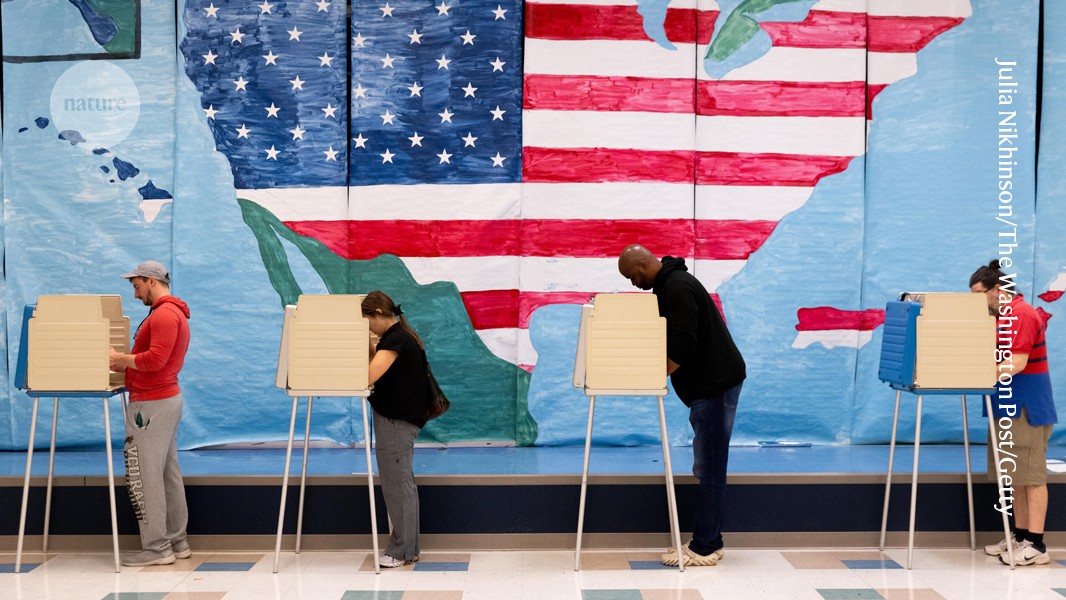cross-posted from: https://lemmy.ca/post/31925477
For Drutman, US efforts to incorporate ranked-choice voting can have only a limited effect, and don’t necessarily change the core problem of politics in the country, as he sees it. The system still pushes towards two dominant parties, and avoids proportional representation at the district or state levels. In his view, the goal should be more parties, focused on giving more voters a voice and on building cross-party coalitions, instead of experiments with ranked-choice voting to elect particular candidates. But he does see a positive note from these experiments: “There’s definitely interest in electoral reform.”



This is the purpose of federalism—to manage governance by and for smaller, like-minded groups of people. However, people seem to have a hard time staying out of each other’s business. Furthermore, it’s hard to justify a hands-off approach when a state or lower level of government is using 55% majority to oppress the other 45% (see the American South). And maybe most importantly, it’s always in the interest of national leaders to increase their power, so we tend to see a steady creep of stronger national governments at the expense of states or smaller units.
I suspect there are ways to counteract these forces but we’ve yet to trial most of them. Ideally you want your basic level of government to be as small and like-minded as possible. But I think to avoid tyranny of the majority, you need to let people opt out. Most people don’t seem to be too aware of these issues in the constant struggle for ultimate power but I think it would solve a lot of our issues if we just let more people live how they want to live.
So I agree that smaller democracies work better, but I hope you’re not saying the solution for larger democracies is to make them not democracies. The solution to me is clearly that we need to make them smaller again.
No, absolutely not. My preference would be for larger democracies, like the US, to be broken up into many smaller democracies.